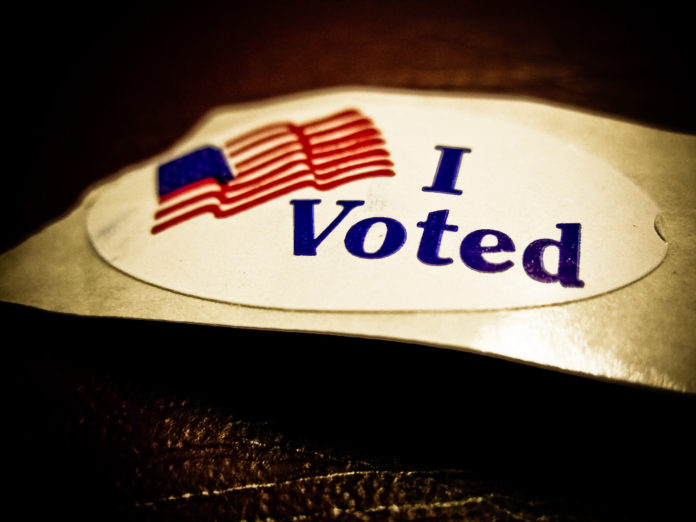By Gurjot Kang
Millions of Americans took to their screens last Tuesday, Nov. 6 to watch the results of the 2018 Midterm Elections slowly pour in across the nation.
Two prominent yet unfortunate themes emerged from the 2018 midterms: voter suppression and the power of big corporations.
Voter suppression was one of the front-runners in Georgia’s race for Governor between former Republican Secretary of State Brian Kemp and Democratic candidate Stacy Abrams.
Kemp, worked as the state’s chief elections official as the Secretary of State during the race until Nov. 8, despite the many accusations of Kemp promoting voter suppression in the state through the rejection of thousands of provisional and absentee ballots.
As if ‘monitoring the votes for a race you’re running in’ wasn’t a large enough red flag, Kemp waited until after elections results indicated a chance he might win before stepping down from his post as Secretary of State.
Kemp leads the race with 50.3 percent of the vote, while Abrams trails closely behind with 48.8 percent. Despite increasing pressure, Abrams refuses to concede and her campaign has issued “a federal lawsuit…asking a judge to delay vote certifications…by one day and to make officials count any votes that were wrongly rejected,” according to TIME Magazine.
If Abrams won, her win would be historic as she’d become the first African American woman to serve as Governor in U.S. history.
Additionally, another common theme that emerged from the results of the ballot initiative races for 1631 and 1634 in Washington State: the power of big money, large corporations and misleading advertisement campaigns.
Initiative 1631, which aimed to decrease the amount of pollution by putting a carbon fee on large corporate polluters and investing in clean air, energy, water and local communities instead, did not pass, with the “no” vote gaining about 56% of the vote.
The potential passage of this initiative presented a large hope to many who wished to stand up to the current administration’s lack of regulations on big polluters and rejection of climate change.
Sadly, this isn’t the first time that a similar Washington State ballot initiative failed. In 2016, Initiative 732, another ballot initiative focused on implementing a carbon tax, didn’t pass.
According to the News Tribune, the “No on 1631” campaign raised $16 million. The biggest donors to this anti-1634 campaign, Phillips 66, BP, Andeavor, Chevron, and American Fuel and Petrochemical Manufacturers—big oil—came at no surprise.
The win of big corporations in this initiative’s race isn’t too far off from the story of Initiative 1634.
Initiative 1634, which was falsely marketed as an attempt to prevent local governments from taxing the groceries of lower-income working class families, passed with 55% of the vote.
But in Washington State, many essential food items have been exempt from a sales tax for a while now. So, what’s the misleading “Yes! To Affordable Groceries” initiative really about?
A look at the largest donors to the “Yes on 1634” campaign will show the initiative isn’t about helping Washingtonian families as much as it’s about restricting the right of local municipalities from establishing a soda tax to curb the consumption of unhealthy sugary drinks, like Seattle did in 2017.
Just trace the money garnered in support of the campaign. Over $20 million from large soda industries, including donations from the Coca-Cola Company (over $9.6 million), Pepsico (over $7.2 million), Dr. Pepper Snapple Group (over $2.1 million) and more, according to King 5 News.
This election cycle saw many great things, such as record numbers of youth voter turnout for a midterm and over a 100 women elected into office.
However, it also saw some not-so-great results, amongst which happened to be voter suppression and the influence of large corporations.


























